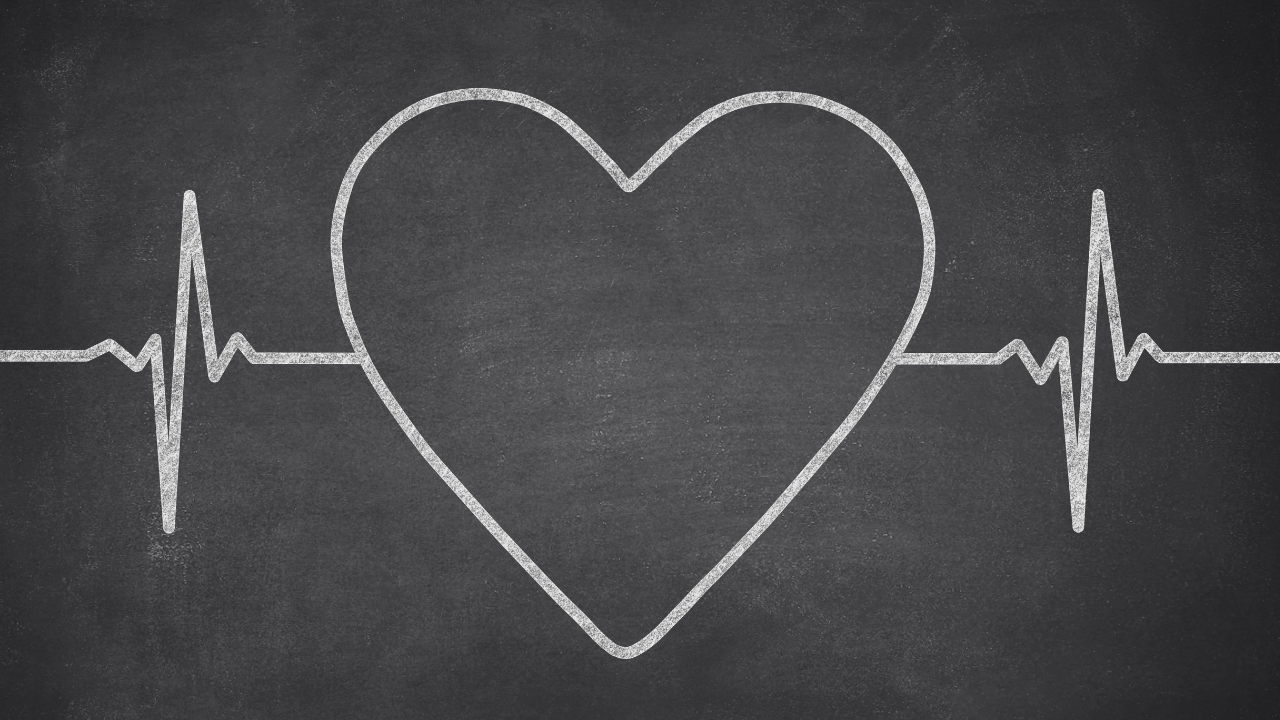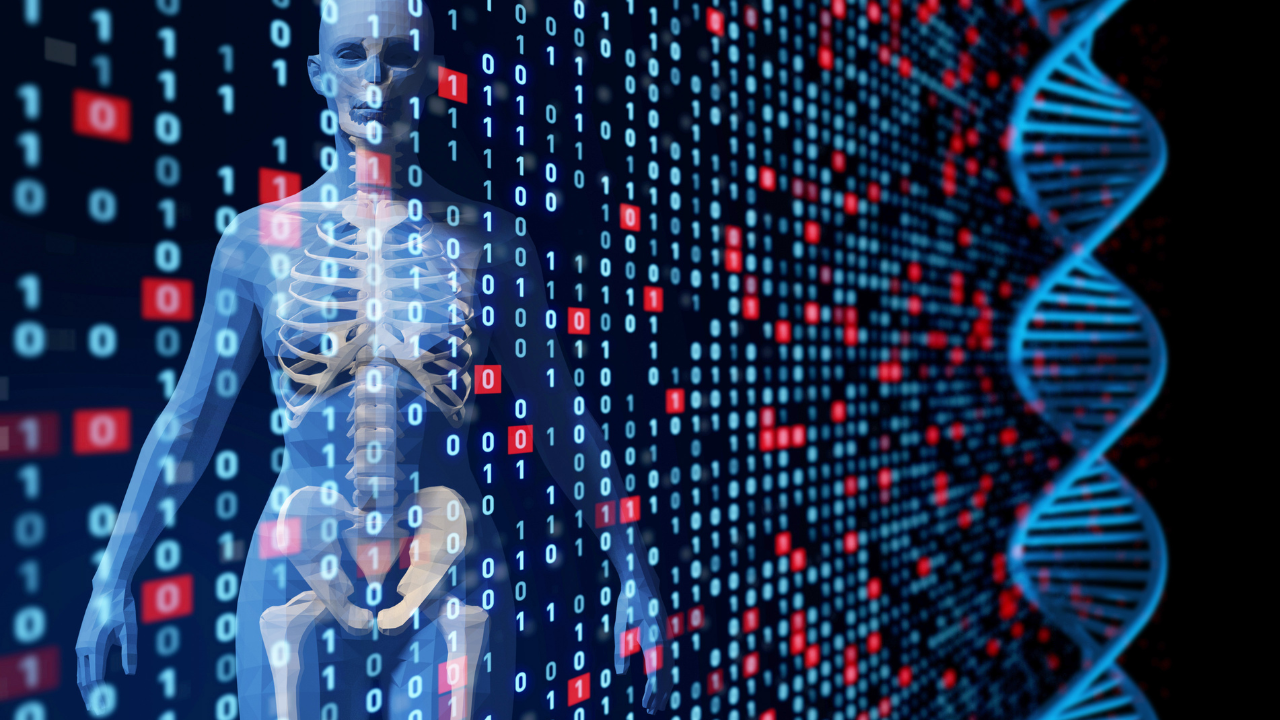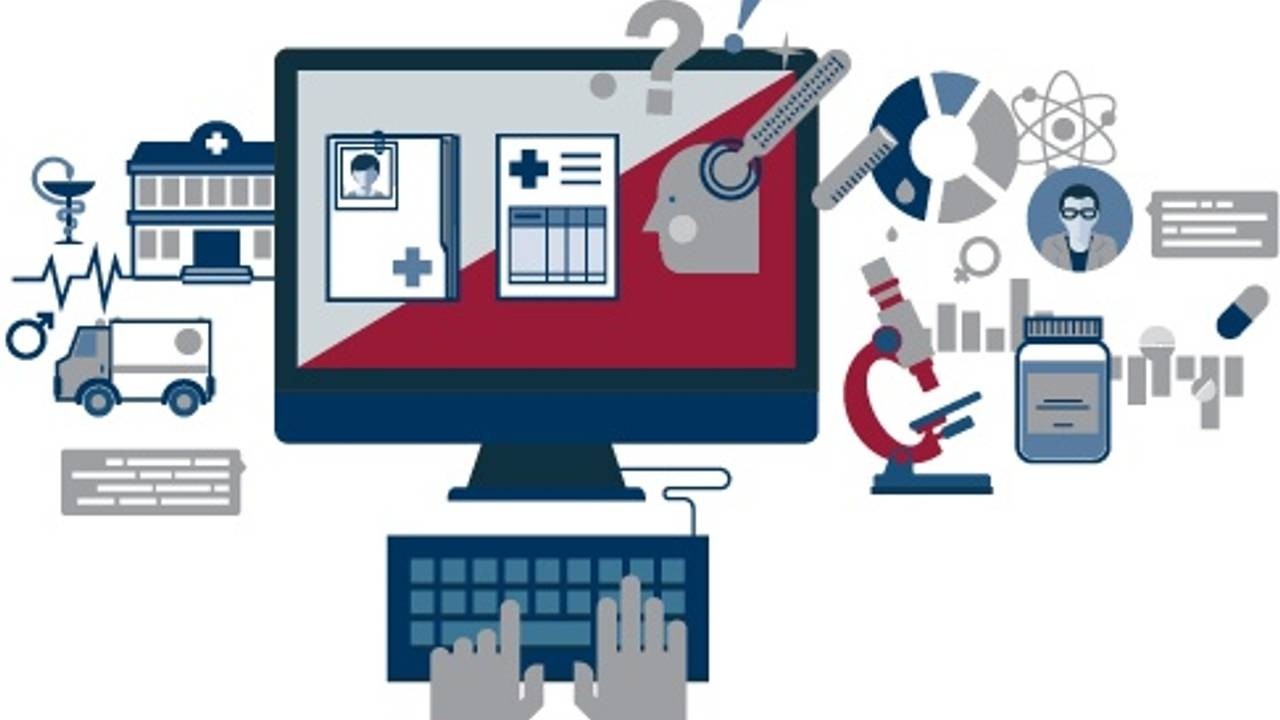The iCare Blog
Health Data for Health Insights
Dec 04, 2023
Heart Rate or Pulse, Which is it?
Sep 18, 2023
People, Process, Technology ... in that order
Mar 12, 2023
Genetics and Informatics
Feb 19, 2023
What is ChatGPT?
Feb 12, 2023
Cyber Monday - 25% Off Available iCare Programs
Nov 28, 2022
Reflections on Patient-Centeredness for Quality Care
Aug 03, 2022
What do I like most about informatics?
Jul 30, 2022
Unique Nursing Identifiers (UNI) for Nursing Care
Jul 10, 2022
Data are a currency for your health.
Jul 02, 2022
What exactly is Informatics?
Jun 20, 2022













